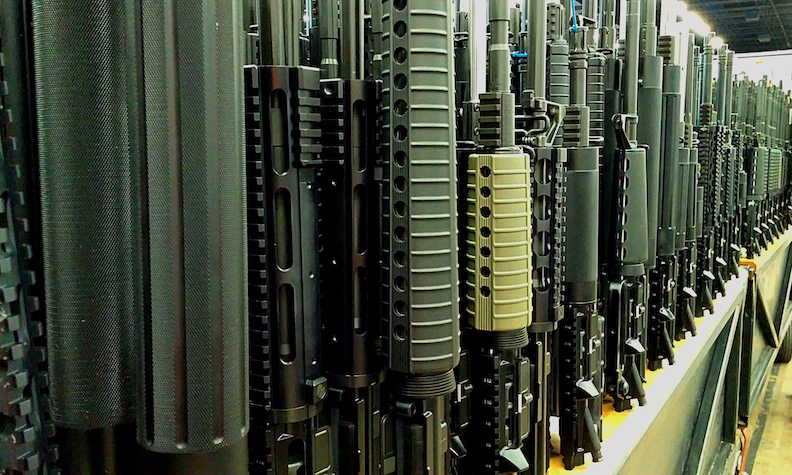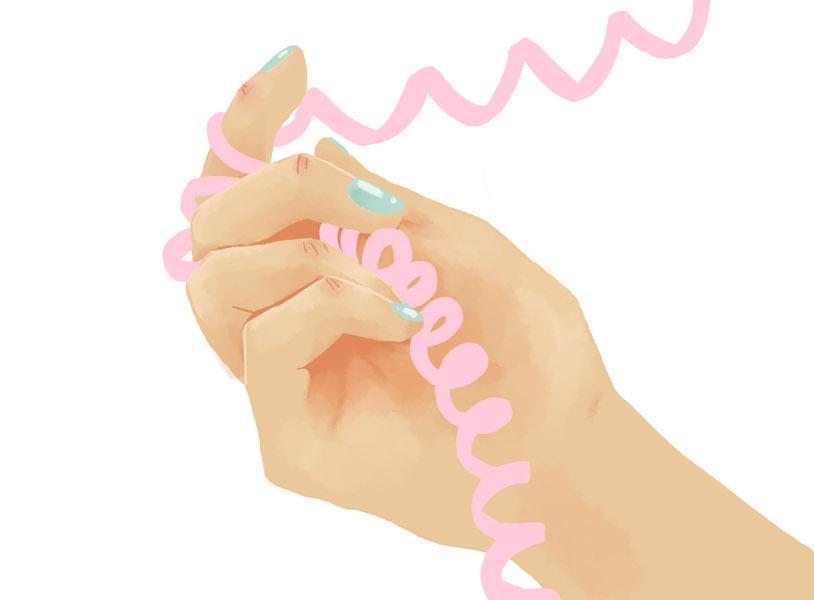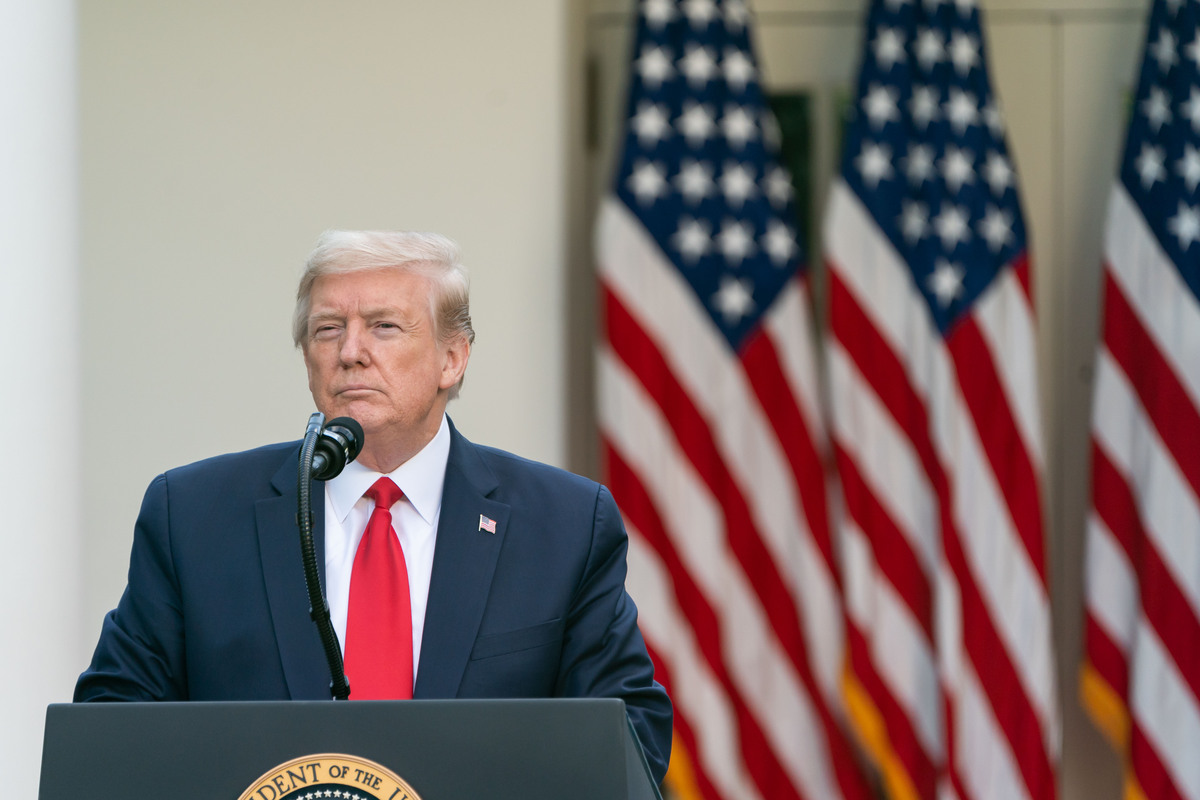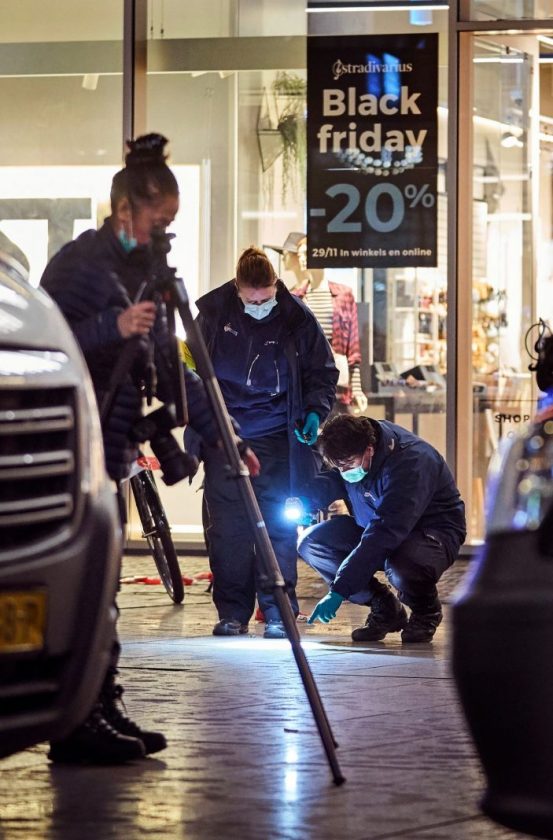Canadian authorities reported a shooting and arson attack on April 18 and 19 left 22 dead in the rural area of Portapique, Nova Scotia. The shooting has since been recognized as the deadliest mass shooting in Canadian history.
Following the incident, Canadian Prime Minister Justin Trudeau announced the administration would be tightening gun control laws, according to Reuters.
“There is no need in Canada for guns designed to kill the largest amount of people in the shortest amount of time” Trudeau said, adding the administration has long been in favor of increasing gun control.
The new weapon ban will apply to nearly 125,000 weapons, including the AR-15, M4, M14 and M16 assault rifles, as well as Ruger Mini-14 rifles.
The order will give a two-year amnesty period to owners of the banned weapons, and create a compensation program for those who turn their weapons in, according to Al Jazeera.
Trudeau has maintained that some weapons will be allowed for hunting in Canada.
“You do not need an AR-15 to take down a deer,” Trudeau said. “So, effective immediately, it is no longer permitted to buy, sell, transport, import or use military-grade, assault weapons in this country.”
A measure to tighten gun control was set to be introduced to Parliament earlier in 2020, but was interrupted by the COVID-19 pandemic.
According to AP News, the shooting is rumored to have started with a domestic argument between the gunman and his girlfriend, who survived the attack. She later called police to inform them the 51-year-old suspect was wearing a police uniform and was driving a vehicle marked similarly to a police car.
13 of the 22 victims died from gunfire, while the remaining nine died from fires the assailant set. Authorities suspect the suspect had connections to some of the victims, but others were randomly selected.
Margaux Richardson, a third-year student at the University of British Columbia, said she was unaware of the shooting, as she thought “everyone is preoccupied with the coronavirus right now in Canada.”
“Gun culture in Canada is much different than in the [United States],” Richardson said. “People are generally in agreement that when there is a mass shooting, we need to get rid of the thing that caused it.”
Mass shootings are relatively rare in Canada, where gun laws are more strict than their southern neighbors. The country’s previous largest mass shooting took place in 1989, when a gunman killed 14 women at Montreal’s École Polytechnique college library.
Royal Canadian Mounted Police have been criticized for their handling of the attack. According to BBC, police failed to issue a province wide emergency alert to warn citizens. The Guardian also reported officers fired their weapons at a fire station when the suspect was not in the area. They are now being investigated by an independent group for wrongdoings.
The suspect was shot to death by authorities at approximately noon on Sunday, April 19, 13 hours after the chase began.
Due to social distancing guidelines during COVID-19, there will not be an in-person gathering for the victims, but BBC reported a nationwide virtual vigil will be held to honor the victims.






